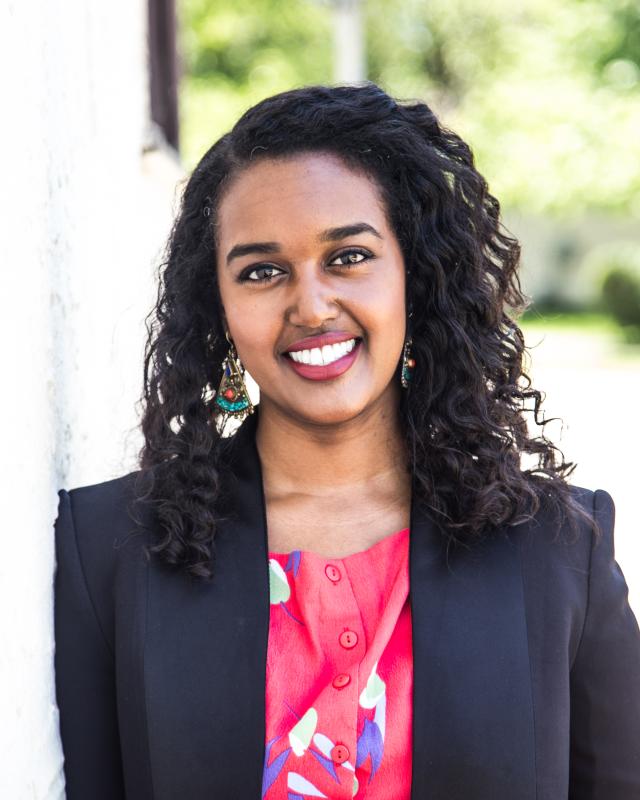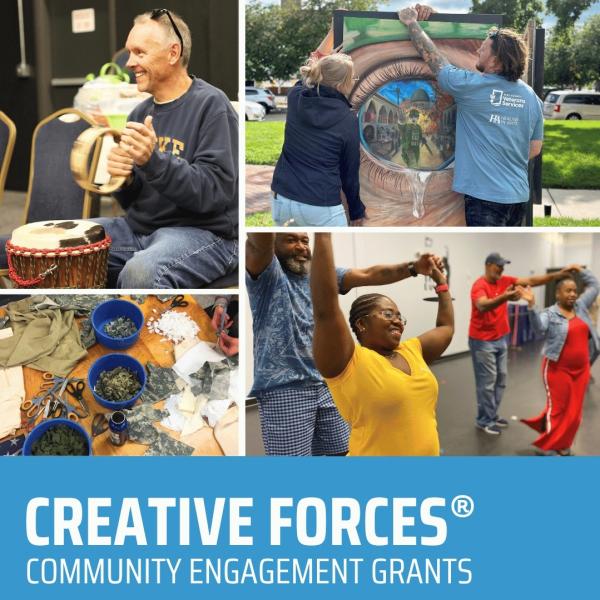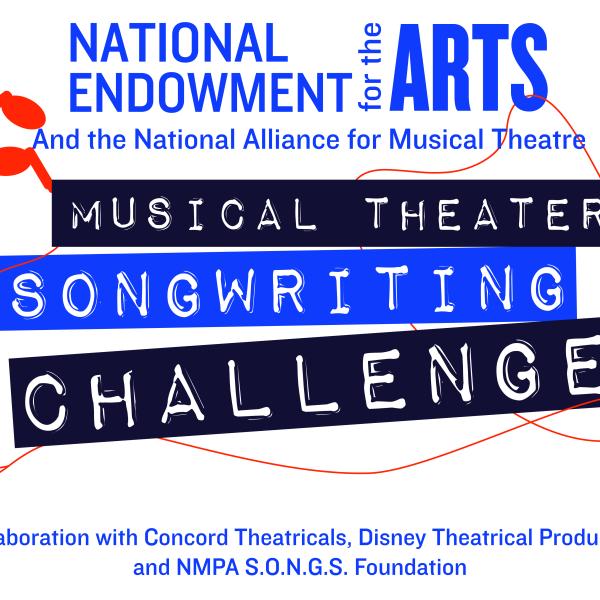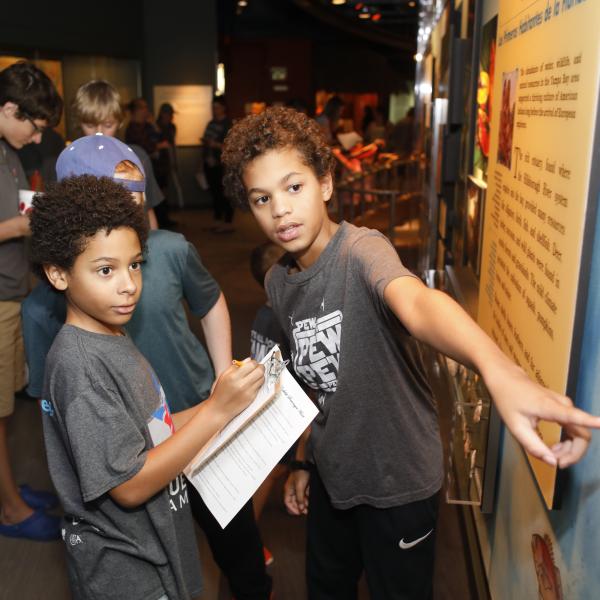Smithsonian’s Tsione Wolde-Michael Tapped to Lead President’s Committee on the Arts and the Humanities

Tsione Wolde-Michael, executive director of the President’s Committee on the Arts and the Humanities (PCAH)
WASHINGTON, D.C. (December 15, 2022)—Tsione Wolde-Michael, most recently the founding director of the Smithsonian’s Center for Restorative History, has been named executive director of the President’s Committee on the Arts and the Humanities (PCAH). Under a new Executive Order issued by President Biden, PCAH has been established to engage the nation’s artists, humanities scholars, and cultural heritage practitioners on ways to promote excellence in the arts, the humanities, and museum and library services and demonstrate their relevance to the country’s health, economy, equity, and civic life.
Wolde-Michael, the youngest and first Black individual to direct PCAH, will lead a high-profile committee of 25 non-federal leaders in the arts, humanities, and museum and library services, expected to be named by the White House in the coming weeks. Under her direction, the committee will advise the president on policy objectives, public/private partnerships, and programs to enhance support for the arts, humanities, and museum and library services across the country― a first, since 2017.
“I’ve spent my career as a public historian launching large-scale projects from the ground up and working to transform understandings of our nation’s past,” said Wolde-Michael. “President Biden’s new Executive Order supports telling a fuller, more expansive American story through the arts and humanities; it recognizes that these areas are essential to the vitality of our democracy while centering equity, accessibility, and the inclusion of historically underserved communities in an unprecedented way. I look forward to applying my experience to ensure that PCAH reflects that strong vision.”
Wolde-Michael will use her vast experience bringing marginalized voices into public dialogue to lead strategy and engagement for PCAH, while working with the Institute of Museum and Library and Services (IMLS) Director Crosby Kemper, National Endowment for the Arts (NEA) Chair Dr. Maria Rosario Jackson, and National Endowment for the Humanities (NEH) Chair Shelly C. Lowe (Navajo).
“Tsione’s experience and leadership will be critical to PCAH’s mission of lifting every voice,” said IMLS Director Kemper. “The unifying, inspiring and aspirational visions coming from the arts and humanities can be a balm in turbulent times and a way to bring joy and significance to our daily lives.”
“The National Endowment for the Arts is pleased to welcome Tsione Wolde-Michael to the federal arts and humanities family,” said NEA Chair Jackson. “We look forward to working with her and PCAH to strengthen our nation’s arts and cultural ecosystems, ensuring that the arts continue to contribute to the health and well-being of individuals and communities.”
“The National Endowment for the Humanities is thrilled to welcome Tsione Wolde-Michael as Executive Director of the President’s Committee on the Arts and the Humanities,” said NEH Chair Lowe. “Through her work for the Smithsonian, Wolde-Michael has shown herself to be an extraordinarily talented curator and historian with an ability to engage communities through innovative and impactful exhibitions and public history projects that illuminate the ways history shapes both our country and daily lived experience. She brings to the position a deep understanding of the issues of vital concern for museums, archives, historic sites, and other cultural institutions, and a passion for using the humanities to help build a more just and equitable society.”
Wolde-Michael began her career at the Smithsonian National Museum of African American History and Culture, where she was part of a team that produced the landmark inaugural exhibition Slavery and Freedom—the nation’s first comprehensive exhibit on the history of enslavement. Her international projects include “The Slave Wrecks Project” and working with national and local museums to reinterpret colonial collections. Most recently as the curator of African American Social Justice History, she developed a theory and method for museum practice grounded in the principles of restorative justice. This work helped the Smithsonian National Museum of American History diversify its collections and exhibitions and establish long-term community partnerships and led to the establishment of the Center for Restorative History—the Smithsonian’s first center dedicated exclusively to community-based redress work.
She holds a bachelor’s degree in women and gender studies from Macalester College and a master’s degree in history from Harvard University. Her position will be hosted at IMLS.
Institute of Museum and Library Services (IMLS): The Institute of Museum and Library Services is the primary source of federal support for the nation’s libraries and museums. We advance, support, and empower America’s museums, libraries, and related organizations through grantmaking, research, and policy development. IMLS envisions a nation where individuals and communities have access to museums and libraries to learn from and be inspired by the trusted information, ideas, and stories they contain about our diverse natural and cultural heritage. To learn more, visit imls.gov.
National Endowment for the Arts (NEA): Established by Congress in 1965, the National Endowment for the Arts is an independent federal agency that is the largest funder of the arts and arts education in communities nationwide and a catalyst of public and private support for the arts. By advancing equitable opportunities for arts participation and practice, the NEA fosters and sustains an environment in which the arts benefit everyone in the United States. Learn more at arts.gov.
National Endowment for the Humanities (NEH): Created in 1965 as an independent federal agency, the National Endowment for the Humanities supports research and learning in history, literature, philosophy, and other areas of the humanities by funding selected, peer-reviewed proposals from around the nation. Additional information about the National Endowment for the Humanities and its grant programs is available at neh.gov.

Contact
MEDIA CONTACT: mediapcah@imls.gov




